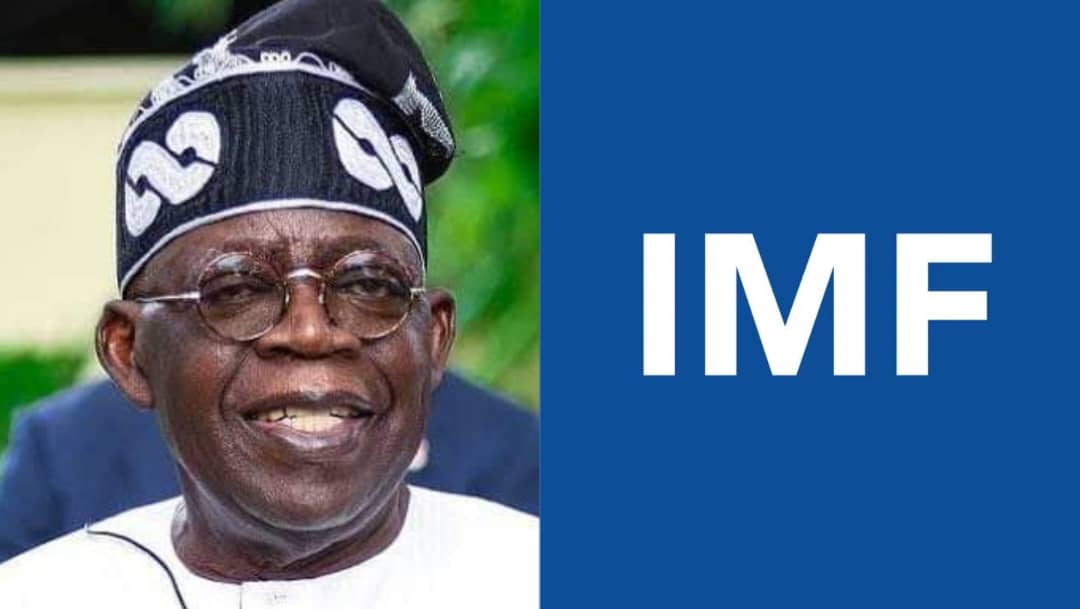The Federal Government may require a supplementary budget to accommodate the proposed increase in the minimum wage for workers. This adjustment arises because the negotiated wage may exceed the amount allocated in the original 2024 budget, according to the International Monetary Fund (IMF) in its latest staff country report for Nigeria.
The report states, “The authorities noted that a supplementary budget may be needed to accommodate the outcome of the ongoing wage structure negotiations which may exceed what they had included in the 2024 budget.”
Additionally, the government might have to raise the domestic and external borrowing ceilings to avoid fresh borrowings from the Central Bank’s Ways and Means.
Negotiations for a new minimum wage have been ongoing between Organised Labour and the government since early this year to mitigate the impacts of the challenging economic environment. Recent reforms, such as the removal of the fuel subsidy and the unification of the foreign exchange market, have increased the cost of living.
Labour leaders are demanding a raise from ₦30,000 to ₦615,000 for the lowest-ranked workers, while indications suggest that the tripartite committee may recommend ₦70,000 as the new minimum wage.
In the 2024 budget, the government allocated N6.48 trillion for personnel costs, but the IMF suggests this amount may be insufficient. The IMF also projects that Nigeria’s budget deficit for 2024 will exceed expectations due to implicit subsidies for fuel and electricity and rising interest expenses on debt.
Finance Minister Wale Edun had indicated plans to reduce the budget deficit from 6.1 percent in the 2023 budget to 3.8 percent in the current appropriation. However, the IMF report anticipates a higher fiscal deficit than projected in the 2024 budget, largely due to lower oil and gas revenue, higher subsidies, and increased interest costs.
The report notes, “Staff projects a higher fiscal deficit than anticipated in the 2024 budget, but broadly unchanged from 2023. The drivers are lower oil/gas revenue projections, reflecting IMF oil price forecasts but incorporating recent production gains; higher implicit fuel and electricity subsidies; continued suspension of excise measures included in the MTEF; and higher interest costs.”
Furthermore, the IMF projects a federal government deficit of 4.5 percent of GDP for 2024, compared to the budget target of 3.4 percent, and a consolidated government deficit of 4.7 percent of GDP, slightly down from 4.8 percent in 2023.
To meet its financing needs, the report advises the government to increase domestic and external borrowing ceilings and consider market and external borrowing. It emphasizes careful management of system liquidity and possibly reducing the high cash reserve requirement.
The IMF report also suggests issuing further domestic securities to retire outstanding Ways and Means borrowing from the CBN, drawing down government deposits at the CBN, or a second securitisation operation to avoid crowding out private sector credit.
While external financing costs have risen since Nigeria last accessed Eurobond markets, the IMF supports opportunistic issuance, given upcoming maturities in 2025. Eurobond issuance and some official financing are factored into the IMF’s projections as part of the 2024 financing mix.
